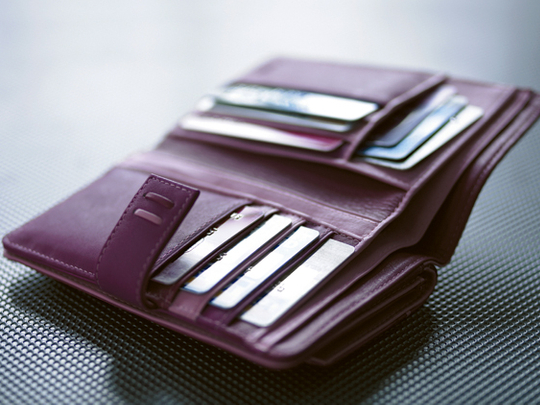
Currency on cards
London 2012 is set to be a game-changer in many ways. Reports are already rife about how ATMs are cash strapped and merchants express disdain at the use of any currency other than the pound. The UK’s Payment Council, a financial authority, has even recommended that tourists make sure to bring British pounds with them, at least by the time they reach London.
If this does not bring home the demand for prepaid cards in a currency of one’s choosing, nothing will. It also means that more and more world authorities will ensure that their systems are not just about cash, but card friendly too. The demand for prepaid cards in the currency of choice will be up. MAF and Al Fardan’s Travelez card, for instance, only comes with dollars and dirhams now, but the company is open to adding other currencies.
Complex cards
More and more financial companies are lining up to lure the frequent flyer with deals which are so personalised that they are one step away from bespoke. Once the consumer decides to get a card, he is encouraged to use it for more than one purpose.
Emirates NBD’s Go4it card, for instance, not only allows you to top-up Salik and doubles as a Nol card, but also offers lucrative benefits such as two movie tickets for the price of one, meal deals and insurance.
More cards, more use
The prepaid and travel-linked credit card market has never been better. While domestic travel is a big sector around the world, the UAE too expects to see this trend take shape with international travel. Not only banks and credit card companies, but more exchange houses and airports are likely to get into the game.
You will need a larger travel wallet and a bigger memory to understand which card to use and when, so that you reap the maximum benefits. More cards with more interesting offers means cash-dependent travellers will find it hard to resist using credit, debit and prepaid cards. Research by Euromonitor shows that from 2010 to 2011 in various markets, the use of travellers’ cheques has dropped by as much as a third while the use of credit, debit and prepaid cards has been rising steadily.
Corporate cards
In developed markets, economic activity is picking up, piggybacking on corporate accounts. For large companies with many frequent flyers on board, this means being able to negotiate better deals. In some markets, payment processors are choosing to waive 3 per cent fees on foreign transactions as well. These companies have been offering cash and other rebates to important clients, transferring the benefits of buying large volumes of cards.
Prepaid cards are an attractive proposition, but so are corporate credit cards with controlled spending limits set by the company, such as those offered by Dubai First. Card companies also offer to analyse spending patterns and promise to make predictions for future spending.
Loyalty to the card
There was a time when airline loyalty programmes offered their own reward programmes and the world followed. Now, banks take a step ahead, asking the consumer to be loyal not to an airline but to the card. Dubai First launched its high-value Skyy Miles card, already topped up with miles, which could even take you to New York and back. When the card company acts as a bulk buyer for tickets, offering the customer online booking on its websites, it ensures that you lose miles on your favourite airline but get additional reward points for using the card.
Similarly, Majid Al Futtaim Finance’s Najm Platinum allows you to book tickets with more than 350 airlines, with no blocked dates.








